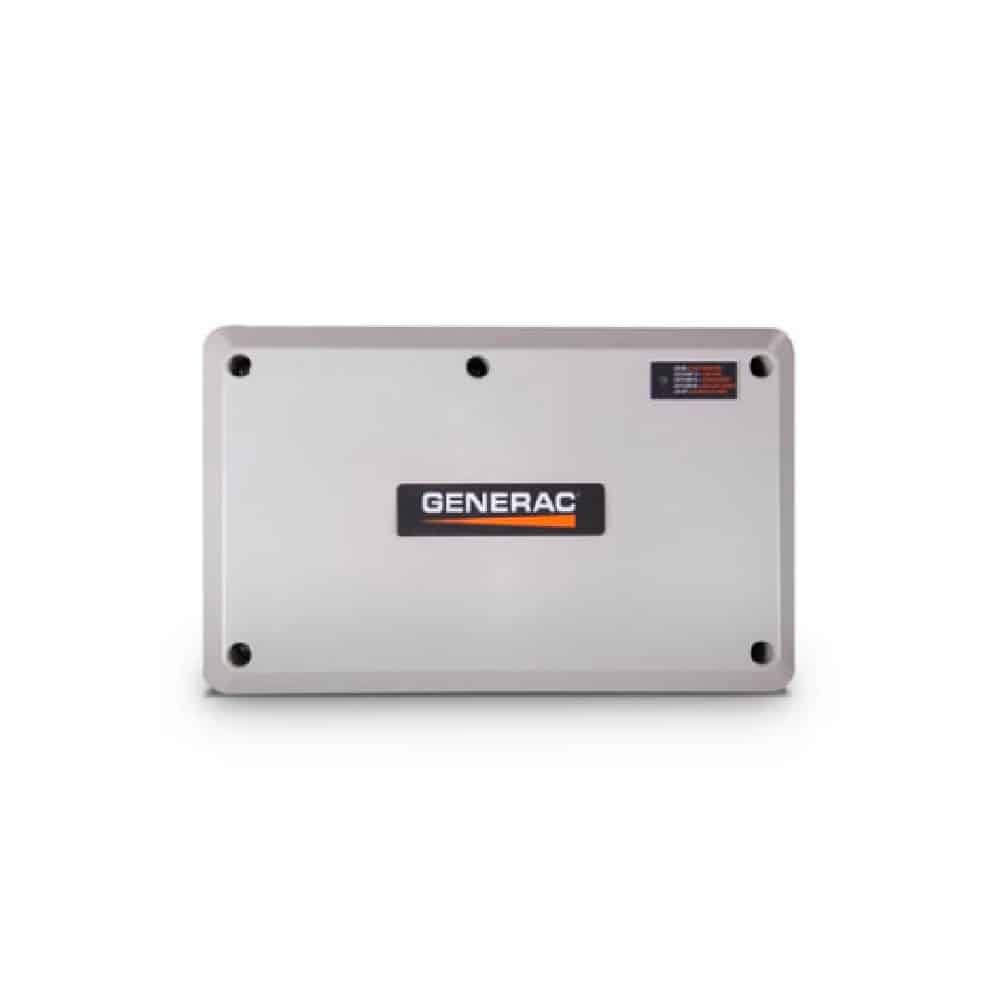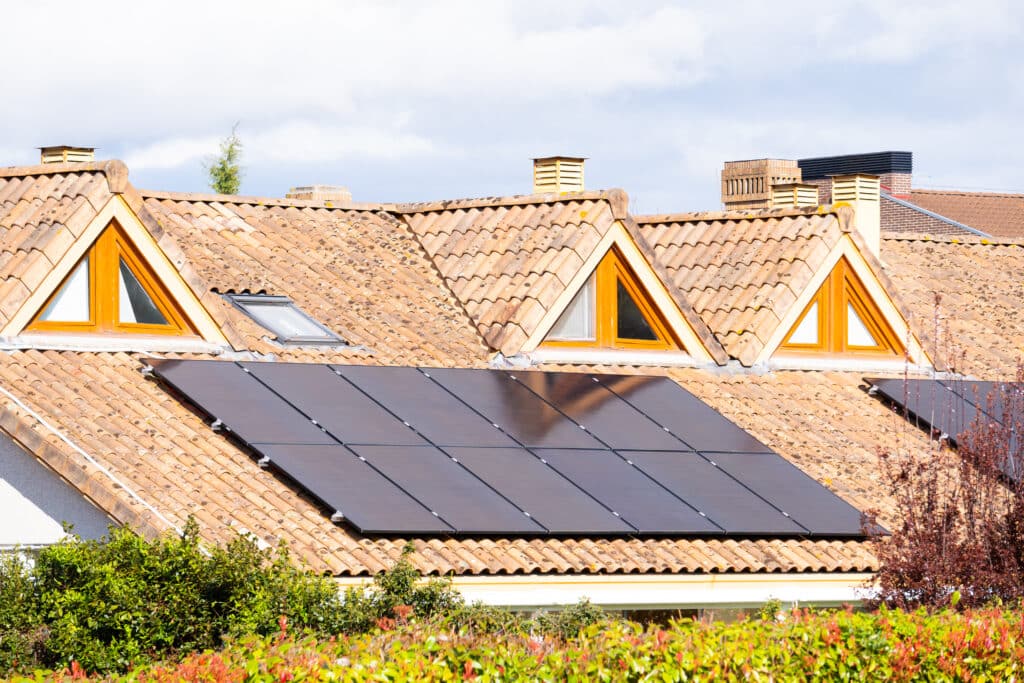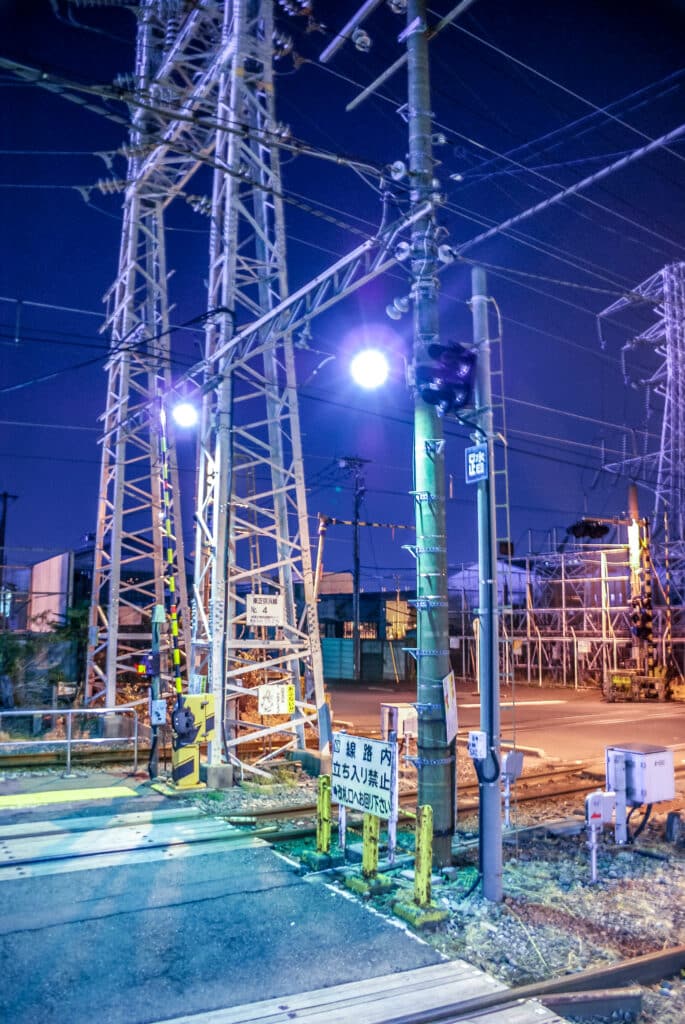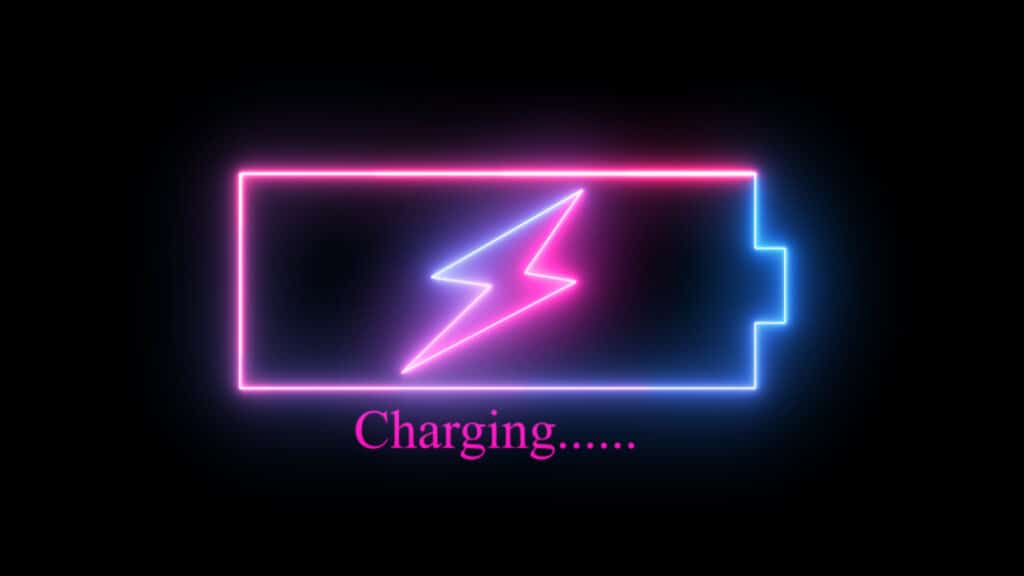📦 Fast Delivery – Order Now!
💸 Shop Safely – 100% Money-Back Guarantee
👨🔧 Lifetime Customer Support
📦 Fast Delivery – Order Now!
💸 Shop Safely – 100% Money-Back Guarantee
👨🔧 Lifetime Customer Support
Solar power rocks. People install panels everywhere. But the sun doesn’t always shine. Clouds block it, and night stops it. That’s why batteries matter. They store energy for when you need it. So, which batteries fit solar systems best? Let’s break it down.

✅ Provides reliable energy storage
✅ Designed for integration with Generac PWRcell
✅ Supports efficient energy management
Solar energy is booming. More and more people install solar panels on their roofs. But what happens when the sun goes down? Or when clouds cover the sky? That’s where solar batteries come in. And they are changing the game.
Solar panels generate electricity. However, they do it only when the sun shines. Without a battery, you either use the energy right away or lose it. But with a battery, you can store that energy. Then, you can use it at night, during cloudy days, or even in a blackout. And that makes a huge difference.

Batteries for solar store excess electricity produced by your solar panels. Then, it releases that electricity when you need it. While your panels work during the day, your battery works around the clock. That way, you always have power. And you save money, too.
There are different types of batteries. For example, lithium-ion batteries are very popular. They last longer, need less maintenance, and are more efficient. Lead-acid batteries are cheaper but bulkier and less durable. Although both work, most modern homes go for lithium-ion because of their performance.

You want lower bills, backup power and energy freedom? A solar battery helps you get there.
Even though solar panels lower your electricity costs, they still rely on the grid. But when you add a battery, you get more control. You use your own energy, not someone else’s. That means fewer surprises on your electric bill. And when the grid goes down, your battery keeps your lights on. That’s peace of mind.
Moreover, utility companies often charge more during peak hours. With a battery, you can avoid that. You store energy during the day and use it when rates are high. So, you don’t just save — you save smart.

Your solar system includes the panels, an inverter, and the battery. The panels absorb sunlight and turn it into electricity. The inverter converts that electricity, so your home can use it. When there’s more energy than needed, the battery stores it. Later, when demand is higher or the sun is gone, the battery kicks in.
It all happens automatically. You don’t need to press buttons or flip switches. And with modern apps, you can track everything from your phone. That gives you real-time insights and full control.

Let’s be honest. Solar batteries are not cheap. But they’re a smart investment. You cut your electric bills, gain energy security and increase your home’s value. And you help the environment.
Governments often offer tax incentives. Some states even offer rebates. So, while the upfront cost is high, the long-term savings are real. And because the technology improves each year, batteries are getting better — and more affordable.
Moreover, power outages are becoming more common. Extreme weather, overloaded grids, and rising demand all play a part. But with a battery, you stay prepared. And that matters.

First, check out lithium-ion batteries. They lead the pack. Companies choose them because they’re light. They also pack high energy density. That means they hold tons of power in a small size. Plus, they charge quickly. And they last a long time, often 10 years or more. Tesla’s Powerwall proves it. It runs smoothly, saves energy, and looks cool. But here’s the downside. They cost more at the start. Still, many swear the price balances out over time.
Next, look at lead-acid batteries. They’ve existed forever. People pick them because they’re affordable. Installers trust them since they’re tested. You can grab a flooded version or a sealed one. Flooded types need maintenance, but they’re dirt cheap. Sealed ones skip the upkeep, and they still work well. Their lifespan hits around 5 to 7 years. That’s shorter than lithium-ion. Yet, they suit tight budgets. And they handle solar storage just fine.
Now, meet flow batteries. They’re gaining buzz. Engineers like them because they’re flexible. They use liquid electrolytes, so they scale easily. That’s great for big setups. Plus, they last super long—up to 20 years. And they don’t degrade much. But there’s a hitch. They’re bulky. They also cost more than lead-acid. Still, some say they’re the future. Especially for large solar projects.
Then, consider nickel-based batteries. They’re less common. Manufacturers use them because they resist heat. They also handle deep discharges well. That means you can drain them without damage. Nickel-cadmium (NiCd) is one type. It’s tough, but it’s pricey. Plus, cadmium is toxic. Nickel-metal hydride (NiMH) improves on that. It’s safer, yet it’s still rare for solar. So, they’re niche. But they work if you need durability.

So, how do you choose? Start with your needs. Look at capacity because it sets how much energy you store. Check lifespan since it affects replacement costs. Consider efficiency, too. Lithium-ion wins here, but lead-acid holds its own.
Think about space. Flow batteries need room, while lithium-ion fits tight spots. And don’t forget cash. Lead-acid saves upfront, yet lithium-ion cuts long-term costs. Weigh these, and you’ll land on the best fit.

Here’s my pick. I’d go lithium-ion. It balances cost and performance. It charges fast, lasts long, and fits anywhere. Sure, it’s pricier initially. But it pays off. Lead-acid works if you’re strapped for cash. Flow batteries suit huge systems. Nickel options stay rare for a reason. So, most homes do well with lithium-ion. It’s the sweet spot.

Solar power needs storage. Batteries make it happen. Lithium-ion leads, but others compete. Lead-acid saves money, and flow batteries scale big. Nickel-based types hang on for special cases. Pick what fits your setup. Then enjoy clean energy anytime. The right battery keeps your lights on. Even when the sun dips.

Lithium-ion batteries are currently the best option because they offer high energy density and long life. Plus, they’re efficient, low-maintenance, and ideal for daily charging and discharging.
It depends on your energy usage, battery size, and how much backup power you want. Most homes need at least 10 to 15 kWh of total storage to run independently.
A 10 kWh solar battery usually costs between $6,000 and $9,000, depending on the brand and technology. Installation and accessories can also affect the total price.
Top-rated solar batteries include Tesla Powerwall, LG Energy Solution, FoxESS, BYD, and Sonnen. They’re known for high performance, strong warranties, and seamless integration with solar inverters.
Most solar batteries cost around $700 to $1,200 per kilowatt-hour of capacity. The final price depends on size, features, brand, and whether installation is included.
Lithium iron phosphate (LiFePO4) batteries last the longest — often over 6,000 cycles. They’re also safer and more temperature-resistant than other battery types.
Most solar batteries last 10 to 15 years, and some even longer with proper use. It depends on how often they’re charged and discharged, and how well they’re maintained.
A 13.5 kWh battery can power a home for 8 to 12 hours, depending on energy consumption. If you’re conservative with usage, it can easily last through the night.
It varies by home, but most households can run on a battery alone for 4 to 10 hours. When paired with solar panels during the day, you can extend that runtime significantly.
A 10 kWh battery can run an average home for about half a day, depending on how many appliances are in use. If multiple high-consumption devices run at once, it will drain faster.
The Tesla Powerwall 2 currently costs around $9,000 to $11,000 including installation in the U.S. Pricing can vary based on installer and location.
A solar battery lets you store extra energy and use it when the sun isn’t shining. This lowers your electricity bills and increases your energy independence at the same time.
Yes, retrofitting a solar battery is usually easy — either on the AC or DC side. But it’s best to have a certified installer check your setup first.
Most homes need 5 to 10 kWh of battery storage to cover evening and nighttime use. The exact size depends on your daily energy needs and solar system size.
Only if your system has backup power capability (like EPS or UPS) and a compatible hybrid inverter. Otherwise, it shuts down during outages for safety reasons.
Technically yes, but you’ll need a large battery bank and solar system, which can be expensive. Still, many people achieve 70–90% independence from the grid.
Yes, they let you use more of your own clean solar energy, which reduces your carbon footprint. Most newer batteries are also recyclable and energy-efficient.
Yes, modern solar batteries come with advanced safety features to protect against overheating, overcharging, and short circuits. When installed correctly, they’re very safe to use.
AceFlex is one of the leading online retailers of renewable energy products and offers a wide range of solar products. We work with well-known manufacturers and wholesalers and can offer you cost-effective products in the field of photovoltaics so that you too can contribute to the energy transition.
Looking for an experienced team for planning your photovoltaic system without the hassle of doing it yourself? We are your trusted partner, offering comprehensive nationwide solutions. We provide expert consultation and supply of both photovoltaic systems and storage units tailored to your specific needs.
© 2025 Aceflex All Rights Reserved. Design by Media Pantheon, Inc.